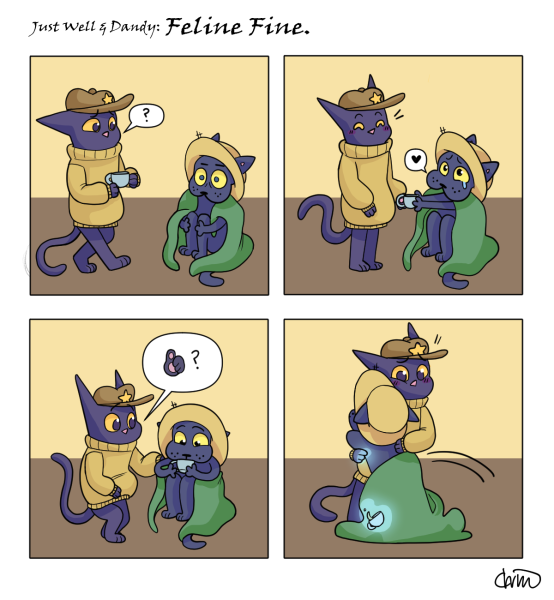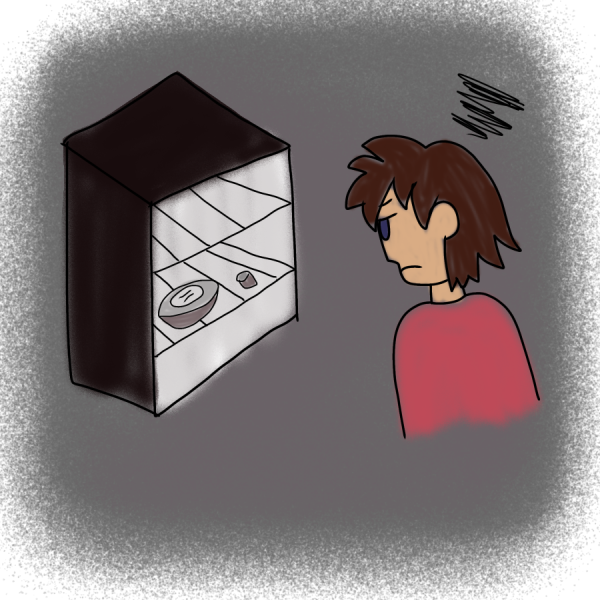Another Side to the Story
February 8, 2006
Last Thursday, a colleague and columnist at the Northern Star wrote a hard-hitting column about (as he called it) corruption in a power-driven Student Association. He even mused that Daniel Jaquez, Aaron Langguth, Andrew Nelms, and SA President DuJuan Smith were, “just as immoral as Richard Nixon.”
However, after interviewing Smith (the former Black Student Union president), there is without a doubt more beneath the surface of last April’s College Republicans officers’ election which caused several BSU members to attend. While this is not an attack on the writer or College Republicans, one should be careful when discussing such topics as morals and ethics.
During the fall 2004 presidential election, the College Republicans, College Democrats and BSU held a presidential debate called “The Lesser of Two Evils.” According to Smith, one member of the BSU found out about an alleged “Affirmative Action Bake Sale” — an event that some College Republican members ran in order to show why Affirmative Action “did not work,” Smith said.
As part of the CR-run sale, black and latino minorities would receive anything from this bake sale for free, while white students would have to pay for an item. The BSU member apparently was so upset after hearing of the bake sale that she rallied other members to attend the CR officers meeting. After hearing about the CR constitution and its rules for voting eligibility, the BSU members who attended “The Lesser of Two Evils” decided to attend the CR officers’ election. Smith said the CR denied this bake sale’s existence during the CR officer’s election. The ticket that was accused of having the bake sale idea, however, lost.
CR president John Acardo denied the existence of any affirmative action bake sale, but said Patrick Greene, who ran for CR chairman at the time, had pushed the idea for the sale. Acardo also said Greene is no longer a CR member.
“Greene was the one advocating an affirmative action bake on campus during his campaign for CR chairman last year,” Acardo said.
Acardo, the CR president, also said countless apologies have been made from CR members and officers to the BSU for Greene’s behavior.
The impact of the election may have led to Greene’s departure from the university. During my interview with Smith, he showed me a blog entry Greene wrote after the election. DeAnna E. Weaver-Ingram, a member of BSU, found the blog.
“I was horrified, but not surprised by him because of the fact everyone in attendance at that [election] knew exactly what he was thinking,” Weaver-Ingram said in an e-mail interview.
This poorly-misspelled blog included racial slurs directed toward BSU members who attended the election.
“We were very insulted, very hurt,” Smith said after handing me a printed copy of the blog, “even when they told us that none of these things were true [referring to the affirmative action bake sale], but then, something as horrifying as that comes out the very next day.”
Greene later apologized for the comments in his blog, saying the comments were “horrible, shameful, obscene, vulgar and just plain wrong, and for that I am extremely embarrassed, shamed, conscience-stricken and extremely sorry and would hope to gain your forgiveness.”
It’s sad and actually, kind of scary, that such hateful and racist words were used by prominent members of organizations. Even worse, according to Smith, up to 20 BSU members attended this meeting. Greene’s blog said his ticket lost 46-15, so it would seem that BSU would, at most, be a swing vote.
Let’s fast forward to 2006. Morally, it would make sense to ask why BSU members were there. “Nobody ever tried to talk to us and try to figure out why we were there. They assumed why we were there,” Smith said.
Ethically, whether Greene apologized or not, those type of comments should have never been typed. I wonder if he would have apologized if he were never caught.
As far as the SA is concerned, Smith said he has not received many complaints from any SA-sponsored organizations.
“The demand will always exceed what is actually there,” Smith said before noting that the budgeting process is heavily-detailed and every allocated dollar is noted and approved by the SA senate before he signs it.
I don’t think Smith and the other executives are doing a bad job at all, nor do I think their inception into the SA was immoral or unethical.
During the past two years, the SA has done an incredible job of making this campus feel more like it belongs to the students. The shuttle bus, the 24-hour computer labs in the residence halls and consistent library hours during finals week are just a few examples of what the SA has done. While it’s always important to be skeptical, maybe we should use a bit more caution.












